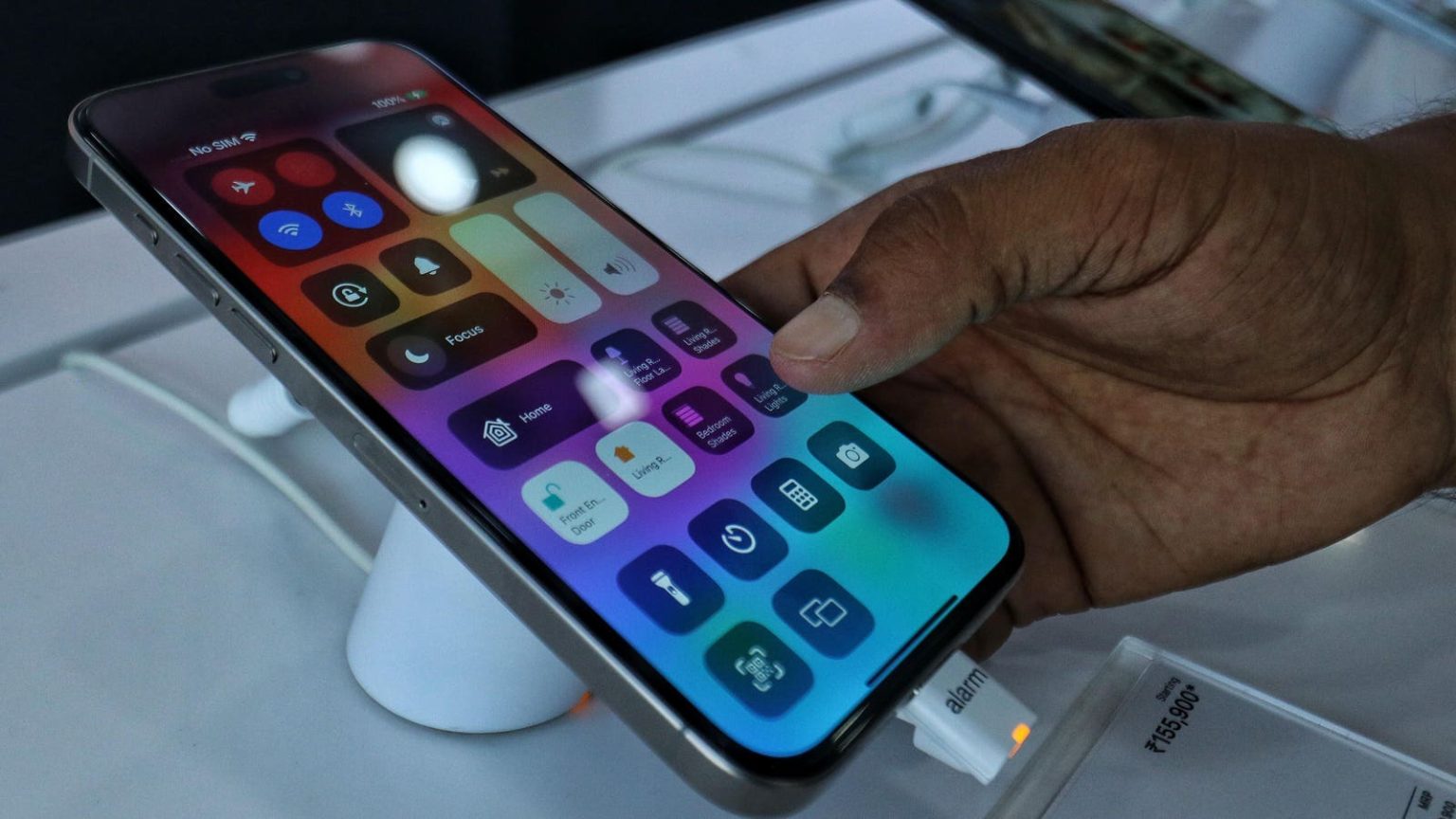Apple is rightly proud of its technological terrier, but not everything in the modern iPhone belongs to Apple. The company is beholden to Qualcomm for the iPhone modem, and its work to break free and build an Apple modem is facing significant delays.
Details on the delay to Apple’s own modem come from a recent report by Bloomberg. Not only did Apple miss the target of having a modem ready to go in 2024, it’s now likely to miss the new goal of 2025 as well.
Apple has a long and troubled history with iPhone modems. An obviously critical part of the smartphone, Apple has been tied to Qualcomm’s modem technology for more than a decade. Tim Cook and his team have worked on every area of its hardware to have more control over components—witness the difference using its own Apple Silicon compared to Intel’s chipsets in the Mac as a reason why.
But that flexibility isn’t present in the modem, which relies on Qualcomm’s technology to power the connectivity between the iPhone and the outside world. Apple has been working to break free. One of the most apparent signs was In 2019 when it acquired Intel’s modem division in a deal valued at $1 billion.
That effort has not come to fruition. As the iPhone 15 family was launched, Apple admitted extending its deal for Qualcomm Modems out to 2026.
Apple aimed to bring its modem hardware to the iPhone design in early 2025, targeting the presumptively named iPhone 17. It is reported that even that date has slipped by potentially up to a year. That would take the plans for the modem launch into the very final year of the current Qualcomm/Apple contract.
That’s clearly good news for Qualcomm because this will ship a lot of modems. For Apple, the modem remains one part of the iPhone equation that is out of the company’s reach. Until it can match Qualcomm’s offering at a minimum, it will remain beholden to the company until 2026.
And perhaps beyond, if history is any precedent.
Now read the latest iPhone headlines in Forbes’ weekly digest of Apple headlines…
Read the full article here





